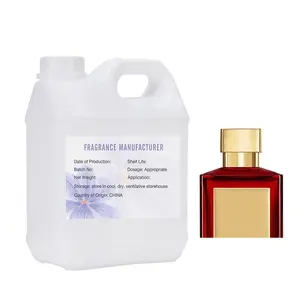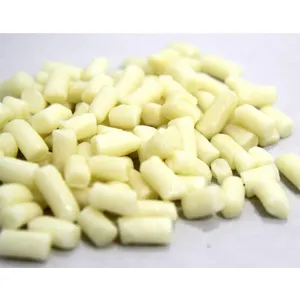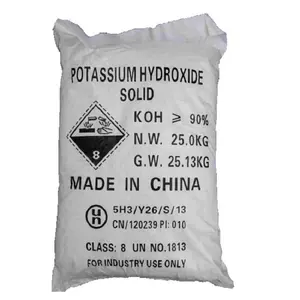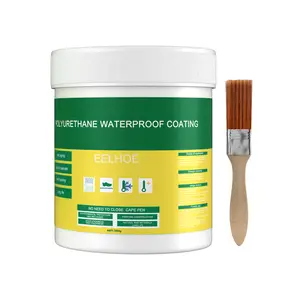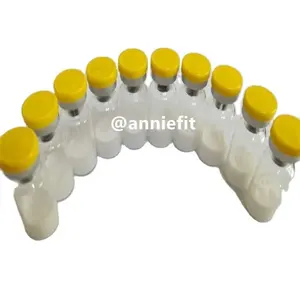Phổ biến trong ngành của bạn
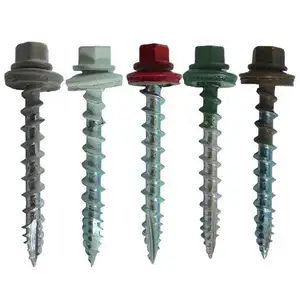





Vít Lợp Mái Vít Lợp Mặt Bích Lục Giác 65Mm Đài Loan Chất Lượng Cao Với Vòng Đệm Cao Su Vít Đầu Lục Giác Cho Tấm Lợp Kim Loại Loại
0,07 US$ - 0,09 US$
Đơn hàng tối thiểu: 10000 Cái

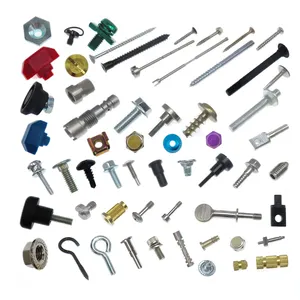




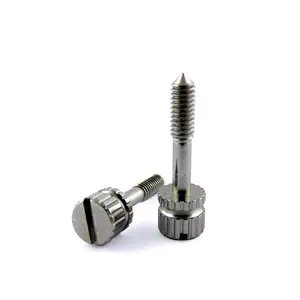
Đầu Đặc Biệt Tùy Chỉnh Mọi Kích Cỡ Bằng Thép Không Gỉ Thép Cacbon Kim Loại Tùy Chỉnh Ốc Vít Và Ốc Vít Không Tiêu Chuẩn
0,03 US$ - 0,05 US$
Đơn hàng tối thiểu: 30000 Cái







Hex đầu tự khoan tự khoan vít khai thác Vít tự khoan vít
0,01 US$ - 0,03 US$
Đơn hàng tối thiểu: 10 Cái







Vít Gỗ Ngôi Sao Hai Đầu Chìm Vít Bảng Torx Vít Gỗ Xây Dựng Dài
0,01 US$ - 0,03 US$
Đơn hàng tối thiểu: 1 Cái







Vít Ván Dăm Gỗ Đầu Torx Hai Đầu Chìm Bằng Thép Không Gỉ Hình Bầu Dục Sáu Thùy Tùy Chỉnh
0,01 US$
Đơn hàng tối thiểu: 10000 Cái







Audi bánh xe màu đen vít ISO 7049 vít bu lông
Sẵn sàng vận chuyển
2,19 US$ - 2,59 US$
Đơn hàng tối thiểu: 20 Cái
Vận chuyển mỗi chiếc: 17,51 US$






Duplex thép không gỉ Olive đi điếm chromate lớp phủ ISO 7049 8mm ổ cắm nút đầu vít
0,36 US$ - 0,56 US$
Đơn hàng tối thiểu: 1000 Cái






DIN 7981 C-phillips Pan Hoặc Nút Head Tự Khai Thác Vít Với Cross Hốc ISO 7049 Selftapping Vít
Sẵn sàng vận chuyển
0,02 US$ - 0,04 US$
Đơn hàng tối thiểu: 2000 Cái
Vận chuyển mỗi chiếc: 0,03 US$












Tự khai thác khung kim loại vít c1022 kẽm ISO 7049 DIN 7981 haiyan chéo ổ đĩa đầu Pan vít
0,01 US$ - 0,03 US$
Đơn hàng tối thiểu: 1000 Cái






304 thép không gỉ Chéo Đầu tròn tự khai thác vít ISO 7049 M4 Tự Khai thác vít
0,02 US$ - 0,06 US$
Đơn hàng tối thiểu: 3000 Cái






Sản phẩm mới Hot Bán Vít Ốc Vít bu lông các nhà sản xuất qua khe cắm Pan đầu tròn nhọn đuôi Tự Khai thác vít
0,01 US$ - 0,03 US$
Đơn hàng tối thiểu: 1000 Cái
Các danh mục hàng đầu
Giới thiệu về vít 7049 iso
Tại Alibaba.com, bạn có thể tìm thấy các dẫn xuất khác nhau của. vít 7049 iso với giá tốt nhất từ những người bán hàng và nhà sản xuất tốt nhất .. vít 7049 iso là các nhóm nitơ được tuyển dụng trong một số ngành vì họ đóng một vai trò quan trọng trong nhiều cơ các phản ứng. Các dẫn xuất amin thường được tạo thành bằng cách thay thế một nhóm hydro và thêm một nhóm aryl hoặc alkyl.
vít 7049 iso có một số loại và nhiều loại dẫn xuất, chẳng hạn như anilin, axit amin và trimethylamine, mà bạn có thể mua dễ dàng từ Alibaba.com. Có hai loại amin tùy thuộc vào bản chất của chúng. Các amin béo là các nhóm mà nhóm nitơ được kết nối với một nhóm alkyl (một mạch cacbon). Ngược lại, amin thơm là các phân tử mà nitơ được gắn vào nhóm aryl [một vòng thơm]. Dựa trên số lượng nhóm thế gắn vào cacbon, có ba loại amin: bậc một (gắn với một chuỗi cacbon và hai hydro), thứ cấp (gắn với hai chuỗi cacbon riêng biệt và một hydro) và bậc ba (gắn với ba chuỗi cacbon riêng biệt. ).
vít 7049 iso và các dẫn xuất của chúng được sử dụng trong một số ngành. Trong công nghiệp thuốc nhuộm, metyl da cam và FCF màu vàng hoàng hôn thường được sử dụng, trong số những loại khác. Một số lượng lớn các dẫn xuất của amin được sử dụng trong ngành công nghiệp dược phẩm, chẳng hạn như amphetamine, chlorpheniramine, chlorpromazine, nortriptyline và morphine. Trong ngành công nghiệp xử lý khí, nhiều dẫn xuất amin (như monoethanolamine, diglycolamine và methyl diethanolamine) được sử dụng để loại bỏ carbon dioxide và hydro sulfide khỏi dòng khí tự nhiên và quá trình lọc dầu.
Chỉ mua chất lượng tốt nhất. vít 7049 iso với giá cả phải chăng trên Alibaba.com. Chúng rất quan trọng đối với nhiều phản ứng và do đó, điều cần thiết là bạn chỉ mua các hợp chất tinh khiết mang lại cho bạn kết quả tốt nhất mà không có bất kỳ sai sót nào. Tại đây, bạn sẽ tìm thấy câu trả lời cho mọi nhu cầu và yêu cầu của mình.
vít 7049 iso có một số loại và nhiều loại dẫn xuất, chẳng hạn như anilin, axit amin và trimethylamine, mà bạn có thể mua dễ dàng từ Alibaba.com. Có hai loại amin tùy thuộc vào bản chất của chúng. Các amin béo là các nhóm mà nhóm nitơ được kết nối với một nhóm alkyl (một mạch cacbon). Ngược lại, amin thơm là các phân tử mà nitơ được gắn vào nhóm aryl [một vòng thơm]. Dựa trên số lượng nhóm thế gắn vào cacbon, có ba loại amin: bậc một (gắn với một chuỗi cacbon và hai hydro), thứ cấp (gắn với hai chuỗi cacbon riêng biệt và một hydro) và bậc ba (gắn với ba chuỗi cacbon riêng biệt. ).
vít 7049 iso và các dẫn xuất của chúng được sử dụng trong một số ngành. Trong công nghiệp thuốc nhuộm, metyl da cam và FCF màu vàng hoàng hôn thường được sử dụng, trong số những loại khác. Một số lượng lớn các dẫn xuất của amin được sử dụng trong ngành công nghiệp dược phẩm, chẳng hạn như amphetamine, chlorpheniramine, chlorpromazine, nortriptyline và morphine. Trong ngành công nghiệp xử lý khí, nhiều dẫn xuất amin (như monoethanolamine, diglycolamine và methyl diethanolamine) được sử dụng để loại bỏ carbon dioxide và hydro sulfide khỏi dòng khí tự nhiên và quá trình lọc dầu.
Chỉ mua chất lượng tốt nhất. vít 7049 iso với giá cả phải chăng trên Alibaba.com. Chúng rất quan trọng đối với nhiều phản ứng và do đó, điều cần thiết là bạn chỉ mua các hợp chất tinh khiết mang lại cho bạn kết quả tốt nhất mà không có bất kỳ sai sót nào. Tại đây, bạn sẽ tìm thấy câu trả lời cho mọi nhu cầu và yêu cầu của mình.
